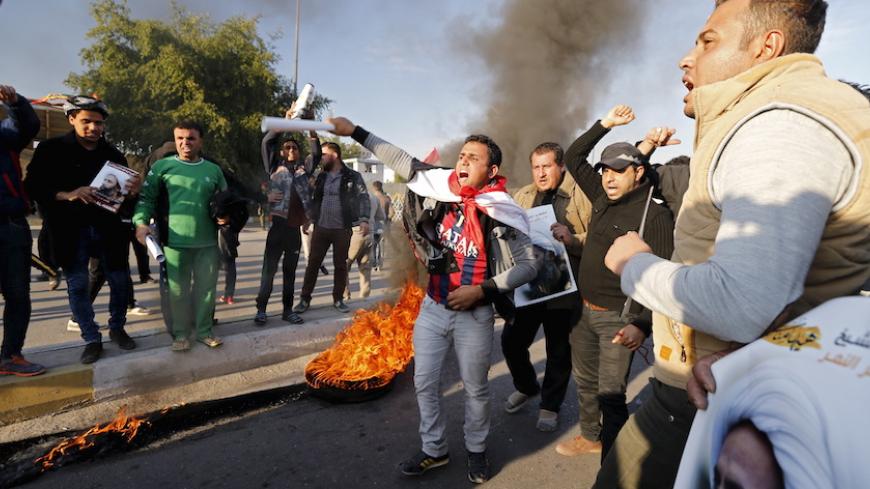Washington Post columnist David Ignatius described Saudi Arabia on Jan. 5 as a “frightened monarchy” and warned that “countries that feel vulnerable sometimes do impulsive and counterproductive things.”
The execution on Jan. 2 of Shiite cleric Sheikh Nimr al-Nimr, along with 46 others accused of extremism and terrorism, provoked a predictable wave of outrage and demonstrations among Shiite populations across the Middle East, and worsened already terrible relations between Riyadh and Tehran. Saudi Arabia could not have expected anything less. The kingdom broke ties with Iran after demonstrators ransacked the annex to the Saudi Embassy in Tehran, although, as an Iranian diplomat told Ali Hashem this week, “in practice, we had no real diplomatic relations in recent years.”



